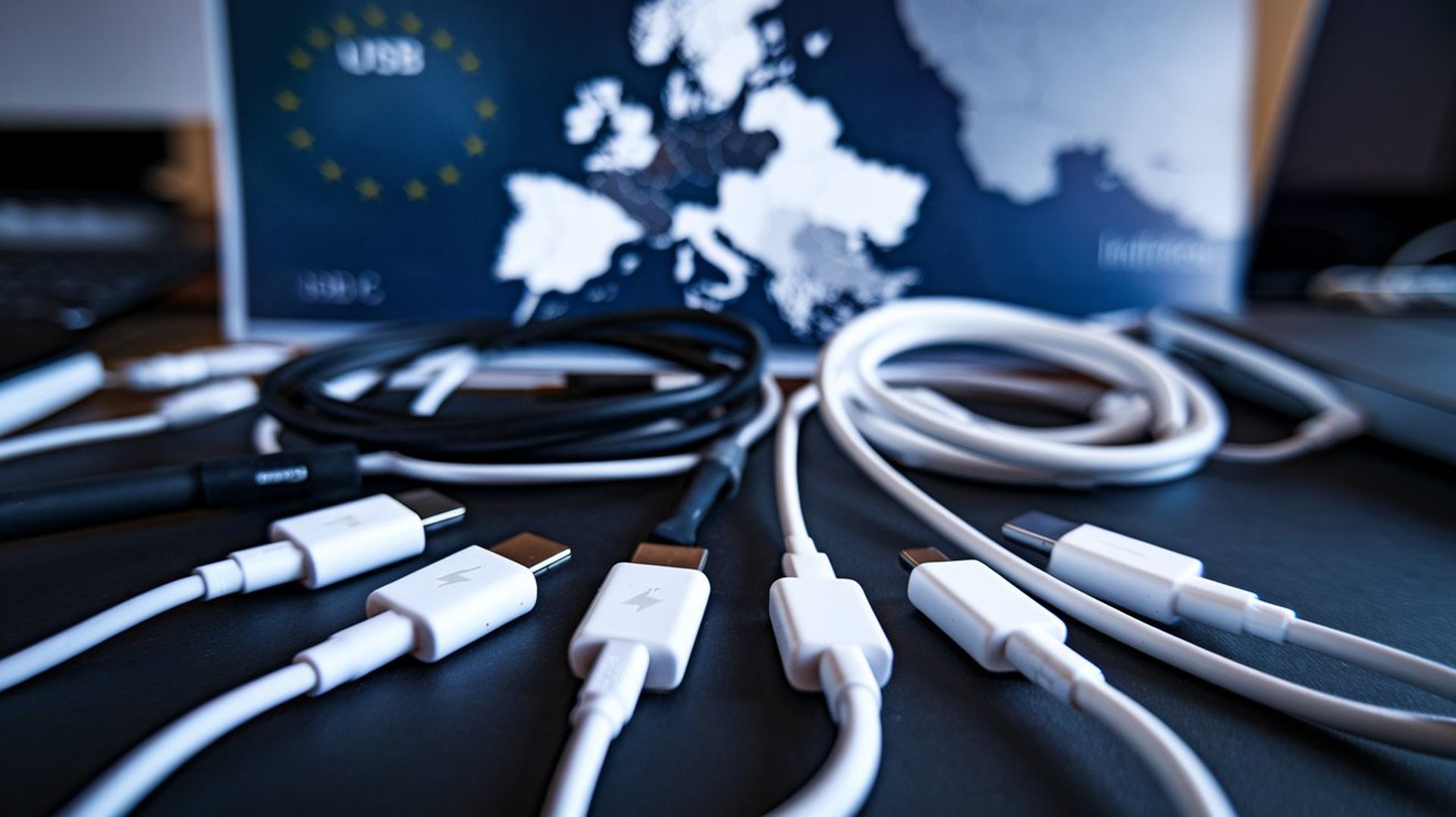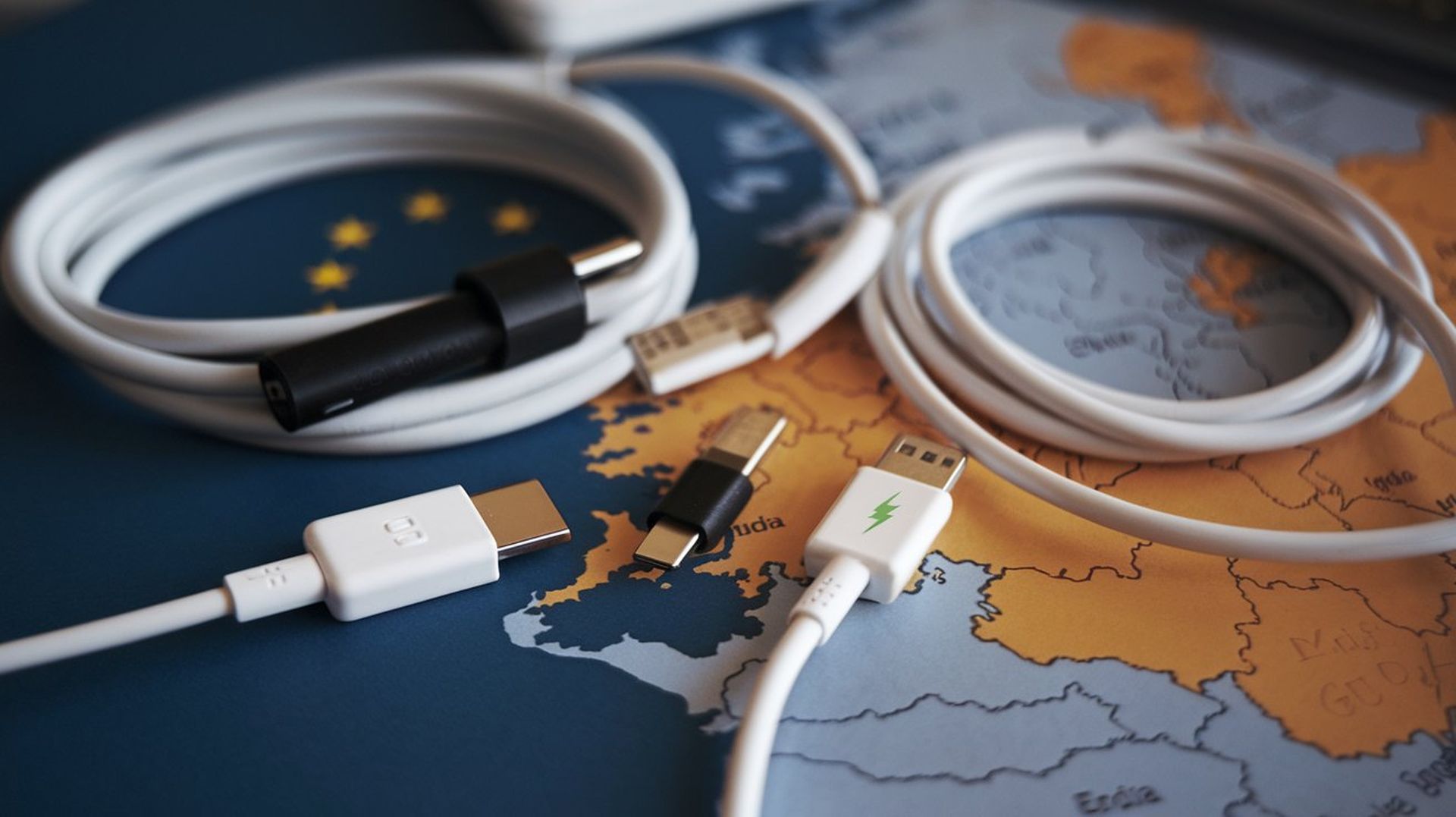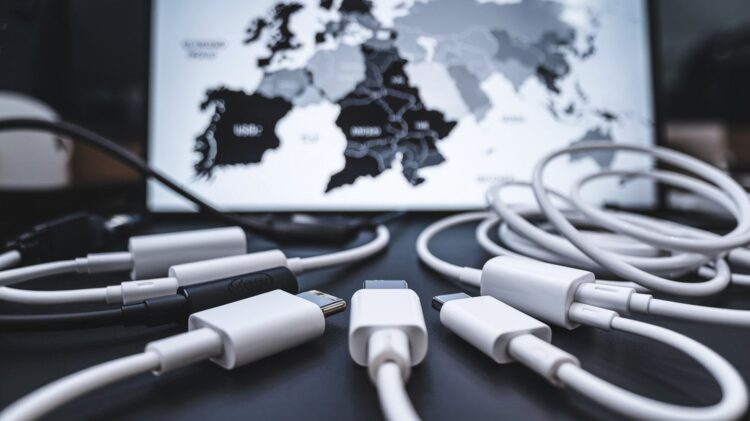The UK has been considering changing the way it charges electronic devices. So, the government asks people if they want to use USB-C (Type-C), which is the same standard as the EU and India. This would put the UK on the same scale as other big markets.
The Office for Product Safety and Standards (OPSS) is leading the consultation. They want to know whether the UK should standardize USB-C for consumer electronics charging. The EU and India are doing the same, and the UK government is considering following this global trend.
Is USB-C all about to become standard in the UK?
What’s the most crucial piece of information? Is the UK considering making USB-C the mandatory charging port for all new consumer devices? The problem here is that there may be this standard, and if they do, manufacturers will adjust their product design to meet this standard just like they are with the EU and India. Adopting USB-C should help the UK reduce electronic waste; our devices will all work together more easily, and life will be much simpler for the customer. However, no decision has been reached yet; the government is still in the early stages of collecting evidence and getting the opinion of industry leaders.
It comes two years after the UK was in limbo over whether to adopt USB-C for charging its phones. A government spokesperson told us in 2021 that the UK wouldn’t copy the EU’s charging rules. However, the UK is second-guessing itself as the EU law is about to take effect, and India is too. If companies side with USB-C, it could be a game changer for how UK consumers charge their devices.

What the consultation covers
The UK government wants people’s opinions on whether a common charging standard would work. It decides between USB-C and others, like Apple’s Lightning and micro-USB. This input will help shape the government’s decision to follow the EU’s lead or take a different path.
The consultation found that standardizing USB-C throughout the UK would reduce waste and make things easier for consumers. It also implies that manufacturers could start selling new devices without chargers because consumers will likely own a USB-C charger.
However, the UK government is considering how to compel a standard like USB-C. There are good environmental and consumer benefits and business considerations. Aligning with EU standards would reduce the UK manufacturers’ overall supply chain complexities. There is room to disagree that this is the right path.

How the EU and India are leading the way
By December 28, 2024, the EU has decided that many electronic devices will feature USB-C as a common charging port. It should reduce e-waste because consumers won’t need to change their cables. In the iPhone 15 series, Apple has already switched from its Lightning cable to USB-C.
India is following similar regulations. In March 2025, all consumer electronics must be compatible with USB-C. Both regions aim to reduce the production and disposal of unnecessary chargers and cables, creating a more eco-friendly environment.
It will all come to pass; the UK isn’t yet there. The EU and India are going ahead with USB-C. Manufacturers are expected to adopt this globally because making a USB-C and a different connection version of a charging product would also make companies lose money. Whether to follow the EU standard or not can make or break the transition because the UK has decided.
Image credit: Furkan Demirkaya/Ideogram





